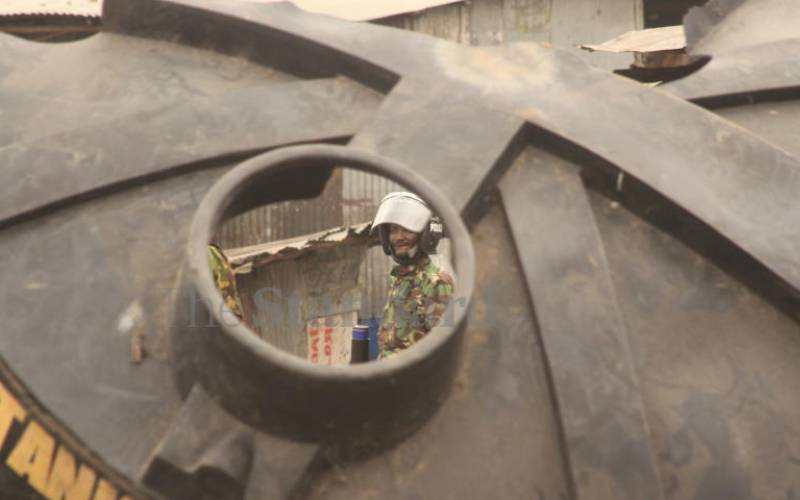×
The Standard e-Paper
Fearless, Trusted News

In October last year, President William Ruto announced to Kenyans his decision to disband the dreaded killer police squad linked to the previous regime.
He went further and promised an independent investigation into disappearances and extrajudicial killings of dozens of Kenyans in Yala, Tsavo, Eastleigh and elsewhere.